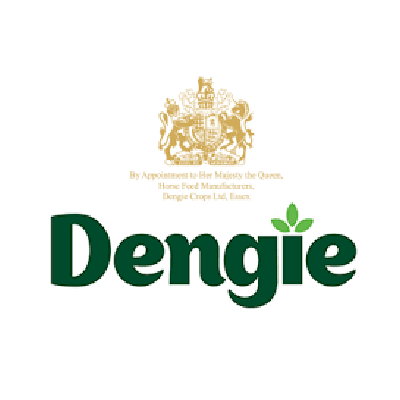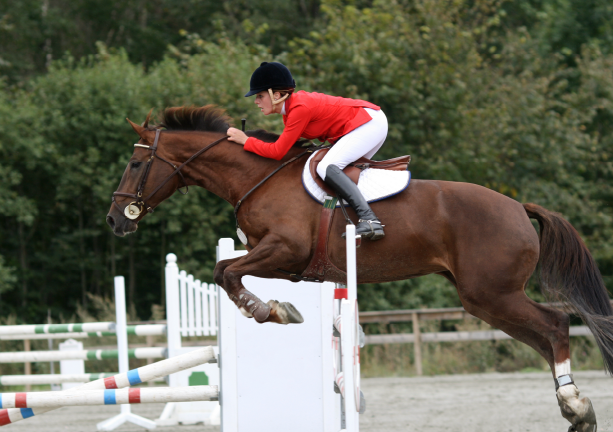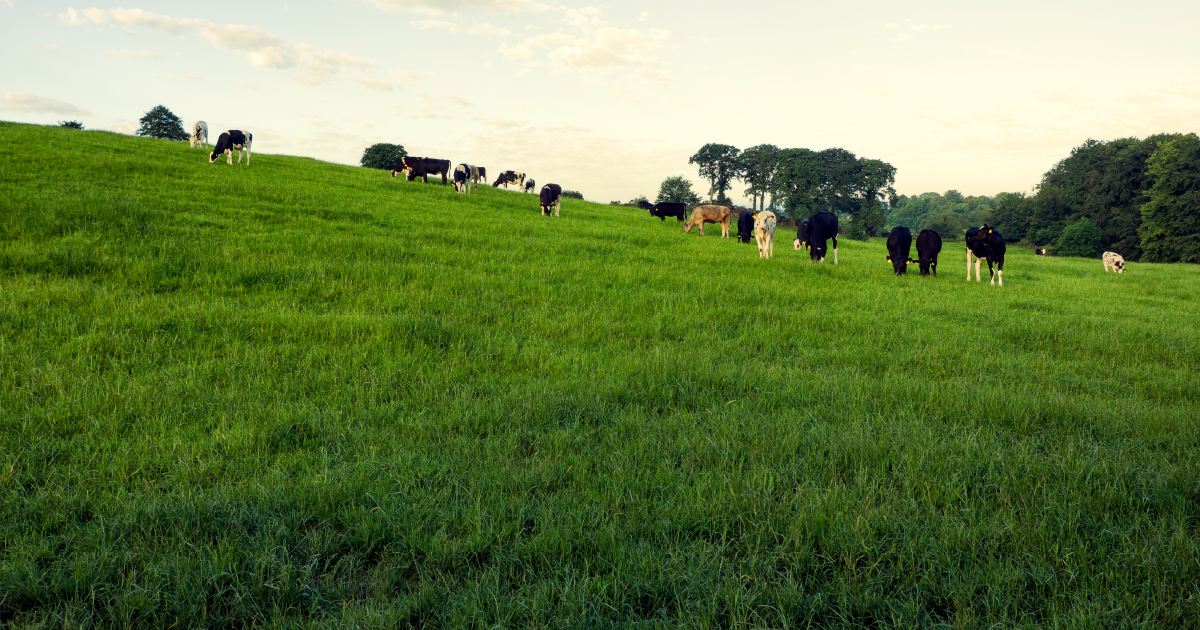How to feed your horse according to workload
-

- 8 Nov 2022
- 0 Comments

When it comes to selecting the appropriate feed for your horse or pony, every owner should begin with the saying “feed according to your horse’s workload and bodyweight”. Particularly at this time of the year as the days are becoming shorter, and exercise routines will begin to change to fit around the limited daylight hours. Although it may seem straightforward to alter your horses feed, how do you assess the level of work your horse is undertaking?
Here is a breakdown of the four categories that Dengie uses to aid owners in the process of choosing the correct feed for the horse’s workload.
Horses at maintenance
Horse’s that are not in any enforced or ridden work can be described as a horse at maintenance. These horses generally field companions or are retired.
The energy requirements of horse's at maintenance are usually supported through grazing and forage to maintain weight and normal bodily functions. However, UK pasture usually lacks Zinc, Selenium, and Copper trace elements, along with a shortage of Vitamin E in aged, conserved forages. Therefore, horses and ponies working at a maintenance level should be offered a balancer or mineral and vitamin supplementation such as Dengie HI-FI Lite, a chopped, low-energy, fibre feed to increase your horse’s nutrient uptake.


Light Work
Horses that are lightly schooled or hacking for a maximum of one hour daily, are generally described as being in “light work”. The need to increase supplements in your horses feed will not only depend on the increased workload, but also how well your horse can maintain their weight. Horses that are in light work but are overweight do not need more energy in their diet. Assessing the body condition score of your horse is a great tool to aid feeding decisions, with light worked horses aiming for a score of 3 on the five-point scale.
Many lightly worked horses may follow the feeding rations of those at maintenance. However, if your horse does not maintain weight quite so well, the addition of a high fibered feed such as, Healthy Hooves Molasses Free or Hi Fi Molasses Free will maintain a healthy weight and provide slow-release energy to reduce the potential of boisterous behaviour.


Medium work
Medium worked horses are usually schooled for around one hour daily and are competing at an affiliated level. Therefore, with the increased workload, the supply of Vitamin E and Selenium antioxidant nutrients will also need to be increased.
Providing a feed with greater digestible fibre content, will increase the needed energy source. Healthy Tummy, Alfa-A Molasses Free, or Meadow Grass with Herbs will provide the typical energy demands of a medium worked horse, along with the daily addition of an electrolyte to supplement the increased production of sweat.


Hard work
Horses training, schooling, and competing at higher levels are placed into the “hard work” category. Show jumpers frequently travelling and competing will typically require a greater energy and nutrient uptake. Similarly, racehorses and eventers who will work at faster paces during training and competitions, whereas a dressage horse will be working harder towards more complexed movements, also increasing their energy demands.
Including more cereals in the horse’s diet can increase energy levels, however, there is a greater risk of colic and gastric ulcers when cereal intake is increased. Therefore, high oil containing feeds such as Performance Fibre or Alfa-A Oil are recommended for hard working horses, to maintain condition and provide sufficient supplementation to aid the horse’s requirements when performing at higher levels.












